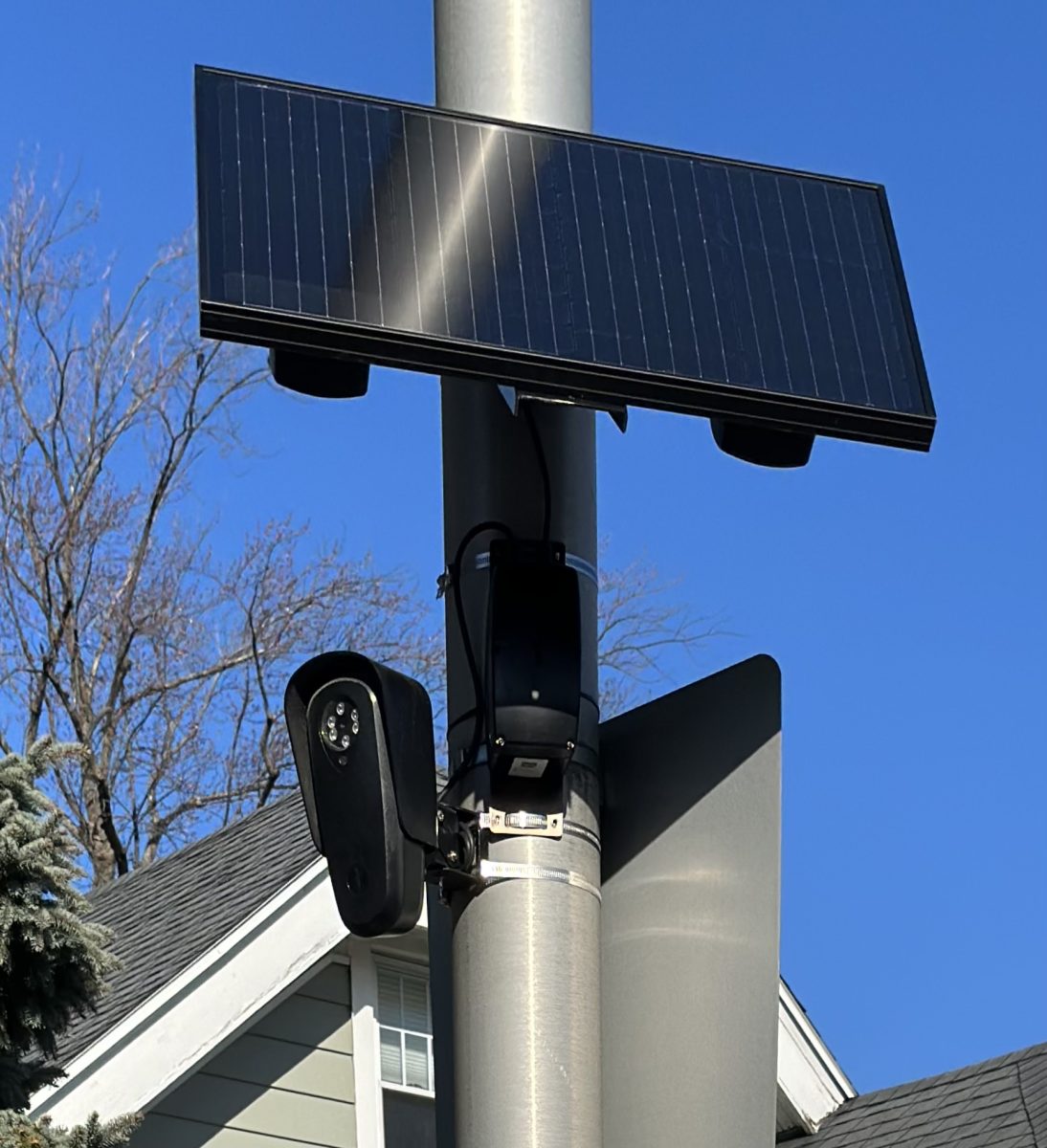Safety is a big concern across America, with roughly half of all citizens concerned about it. Recently, there has been an attempt to solve it, but it may just do the opposite.
A new startup called Flock Safety has popped up, claiming they can end all crime in the US with their surveillance cameras. Using AI, they scan people’s cars, allowing them to track anyone using a vehicle. It is not just a license plate reader. It can track cars based on their other features, such as dents, text on the vehicle, and accessories outside the vehicle..
This has been called out by many sources as a major breach of privacy in multiple aspects. Louis Rossmann, a consumer rights activist, has been adamant about the harm that this will bring, making multiple videos about it and organizing people to protest it in city council meetings.
If the system works as intended, it can allow people to use these systems maliciously, like Kechi Police Lieutenant Victor Heiar, who used his position to access these cameras to track his estranged wife’s location 228 times over four months, which led to an arrest, a charge of stalking and unlawful acts concerning computers, and revocation from his job. Another example is the deputies of Johnson County, Texas, who used the cameras to track a lady who was suspected of planning an abortion, even into states where abortion is legal.
If the system does not work as intended, then it could lead to the arrest of innocent people. An example being when Jaclynn Gonzales, 21, and her 12-year old sister of Espanola, New Mexico, were held at gunpoint for supposedly stealing a vehicle after a Flock camera mistook the 2 on her license plate for a 7. After police were able to realize that the vehicle was not stolen, she was let go, but she and her sister were still heavily impacted by the incident.
It can also be ineffective and vulnerable to hacking. Recently, Austin, Texas terminated its contracts after finding out the cameras had a 0.2% success rate in terms of arrests per scan, and the CISA (Cybersecurity and Infrastructure Security Agency) found seven major vulnerabilities in the cameras.
As of right now, this is not reaching their goal of eradicating all crime. Despite what Flock has said, their cameras do not make people more secure. This is not an equal trade off of freedom for safety, this is a restriction of both by tracing people’s locations. The people are not safe or free when they are tracked.


